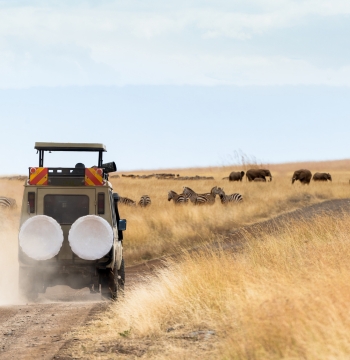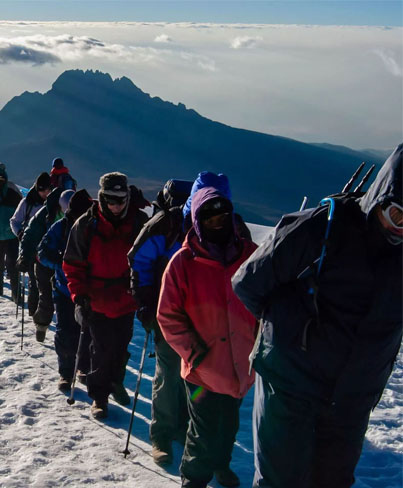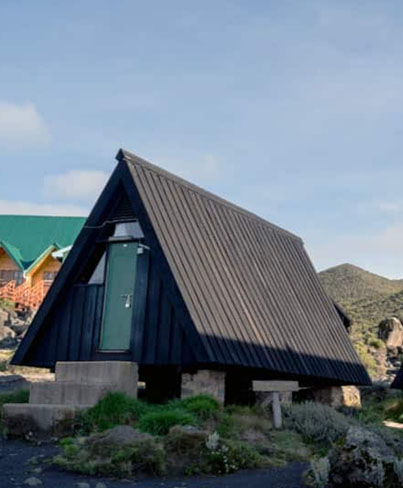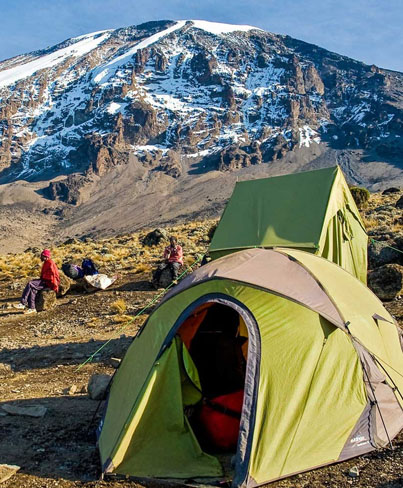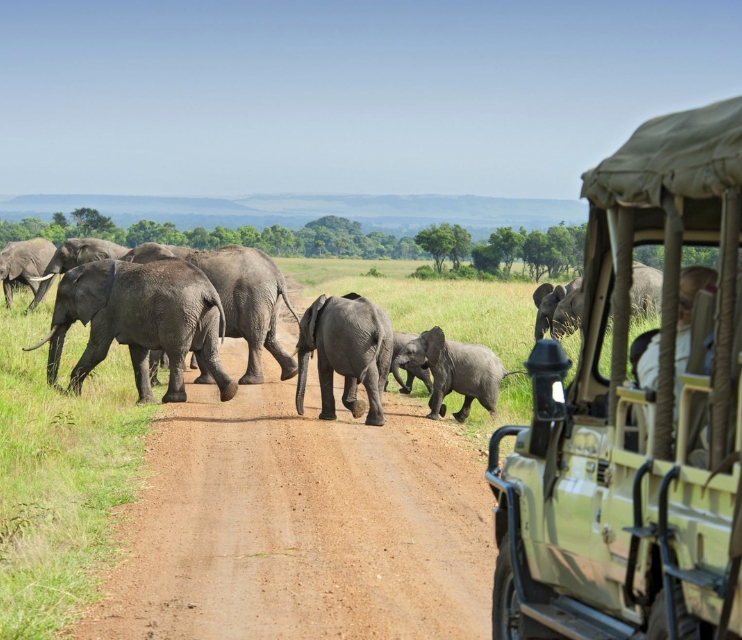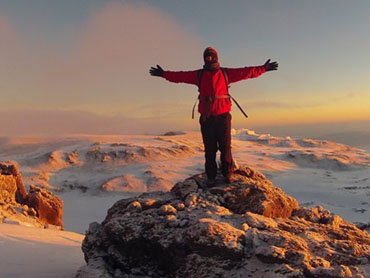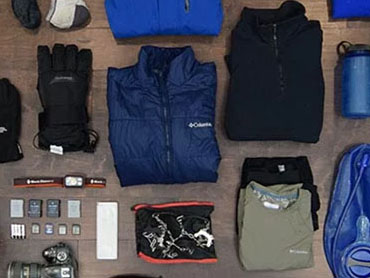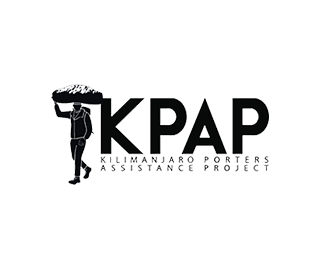- Email: info@billiahsafaris.com
Kilimanjaro Climbing FAQs
Mount Kilimanjaro, the highest peak in Africa, attracts adventurers and nature enthusiasts from around the world. If you're considering a climb to its summit, it's essential to be well-prepared. Here are answers to some frequently asked questions about Kilimanjaro Climbing:
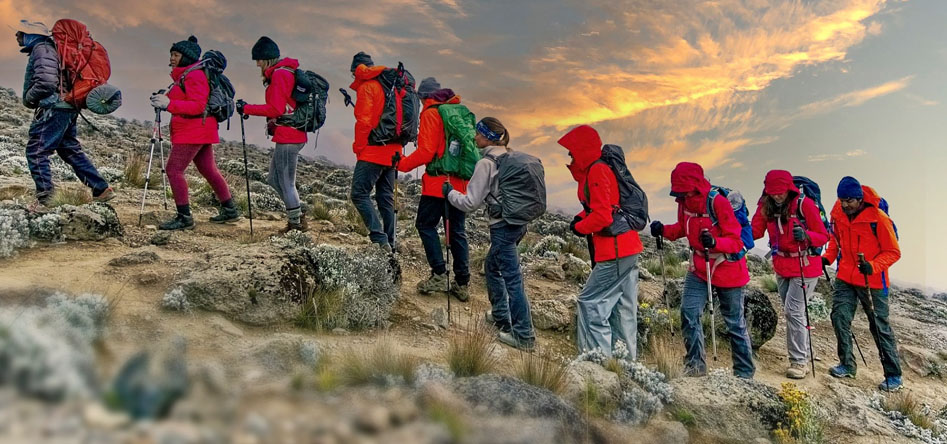
- What is Mount Kilimanjaro?
Mount Kilimanjaro is a dormant stratovolcano located in Tanzania. It's not only the highest mountain in Africa but also the tallest freestanding mountain in the world.
- How do I reach the summit?
There are several routes to the summit, each varying in difficulty and duration. Popular routes include the Marangu, Machame, Lemosho, and Rongai routes. The choice of route depends on your preferences, fitness level, and time available.
- Do I need climbing experience?
While you don't need technical climbing skills, a reasonable level of fitness and mental determination is important. The climb is considered a strenuous hike, and altitude-related challenges can affect even the fittest individuals.
- When is the best time to climb?
The best times are during the dry seasons: January to mid-March and June to October. These periods offer clearer skies and better chances of reaching the summit. Avoid the heavy rains of April to May.
- Is altitude sickness a concern?
Yes, altitude sickness is a potential risk. To mitigate this, choose a longer route for better acclimatization, stay hydrated, and pace yourself during the ascent. Pay attention to your body and inform your guides if you experience symptoms of altitude sickness.
- Do I need a guide?
Yes, all climbs require a certified guide. Guides are essential for navigation, safety, and assistance during emergencies. They also contribute to the local economy.
- What should I pack?
Essential items include sturdy hiking boots, appropriate clothing for varying temperatures, a sleeping bag, trekking poles, and a backpack. Consult with your tour operator for a comprehensive packing list.
- Do I need permits?
Yes, you'll need permits to climb Kilimanjaro. Your tour operator will typically arrange these on your behalf.
- Can I do it solo?
No, the Tanzanian National Park Authority requires all climbers to be accompanied by a registered guide. This is for safety reasons and to support local employment.
- What about accommodation?
Accommodation on the mountain is in the form of huts or tents, depending on the route. Most routes offer basic huts, but it's advisable to confirm with your tour operator.
Climbing Mount Kilimanjaro is a rewarding and challenging experience. Adequate preparation, a positive attitude, and respect for the mountain's environment are key to a successful ascent.
Let's customize
Your Trip
Our best price promises
- Our size and trusted relationships with Africa’s top operators give us access to the best possible rates.
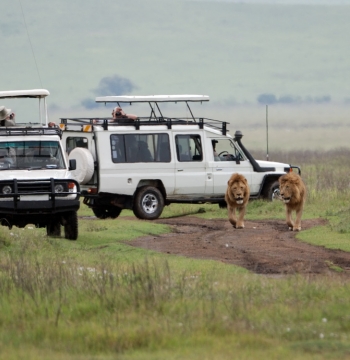
24*7 Support in Safari
- Book with us for round-the-clock support and local expertise across time zones, starting from our first conversation.
